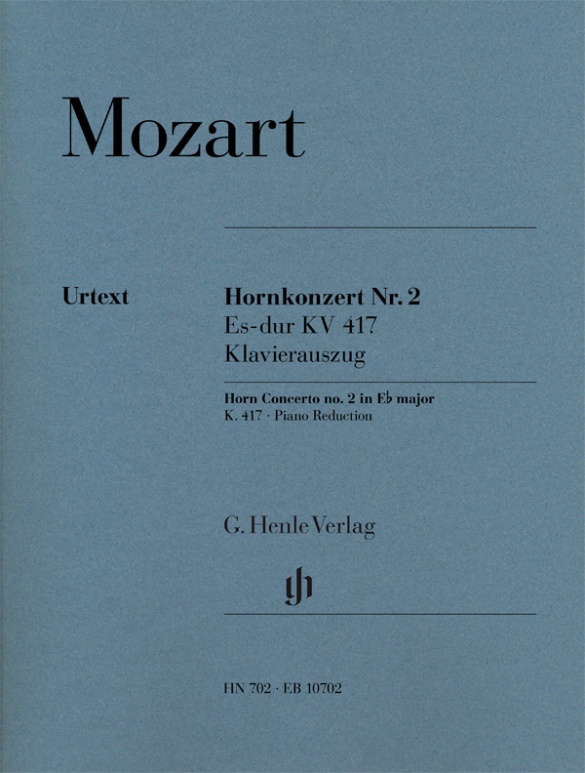

Wolfgang Amadeus Mozart
Horn Concerto no. 2 E flat major K. 417
Henrik Wiese has created a great stir in recent years with his many Mozart editions for Henle. He adheres strictly to Mozart's autograph score, allowing only a few sporadic editorial additions and discussing all important questions regarding dating and sources in his preface. As with the horn concertos published to date, this volume also includes an extra horn part in F. The piano reduction by Jan Philip Schulze pays heed to the demands of playability while producing a full-voiced piano texture appropriate to the horn.
mws-henle.cms.title-works.headline
mws-henle.cms-product-detail.composer-headline
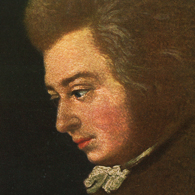
Wolfgang Amadeus Mozart
Mozart is one of the few composers to have produced masterpieces in all genres. On the concert tours he undertook in his early years (London, Mannheim, Italy, Paris) he gained many varied musical impressions that he assimilated in his youth and which formed the prerequisite for his later consummate musical language.
| 1756 | Born in Salzburg on January 27, the son of musician and later court composer Leopold Mozart. His early regimented musical education from his father began in 1761, first compositions at age five. |
| 1763–66 | Extended concert tours through various German cities and to Paris, London, Amsterdam, Switzerland. He composes his first sonatas for violin and piano, K. 10–15, dedicated to Queen Charlotte, as well as the first symphonies from London, K. 16 and 19, which show the influence of the works of Johann Christian Bach and Karl Friedrich Abel (the three-movement Italian sinfonia form). |
| 1767 | Premiere in Salzburg of the sacred light opera “Die Schuldigkeit des ersten Gebotes,” K. 35 (written with Michael Haydn and Anton C. Adlgasser), and the intermezzo “Apollo et Hyacinthus,” K. 38. Journeys with his father and sister to Vienna. |
| 1768 | Probably the premiere in Vienna of his Singspiel “Bastien and Bastienne,” K. 50. Composition of his first masses. |
| 1769 | Performance in Salzburg of the dramma giocoso “La finta semplice,” K. 51. |
| 1769–71 | Two tours to Italy; he meets Farinelli, P. Nardini, and Padre Martini, among others, and, on the second trip, Hasse. Premieres in Milan of his opera seria “Mitridate, Re di Ponto” in 1770 and of the festa teatrale “Ascanio in Alba” in 1771. Composition of symphonies and his first string quartet (1770, K. 80). |
| 1771 | Composition of the oratorio “La Betulia liberate,” K. 118, in Salzburg/Italy. |
| 1772 | Premiere of the serenata drammatica “Il sogno di Scipione,” K. 126, for the accession of Salzburg Archbishop Hieronymus Count Colloredo. He receives an appointment as salaried concertmaster of the Salzburg Court Chapel (of which he had been an unpaid member since 1769). Third journey to Italy with his father, premiere in Milan of the dramma per musica “Lucio Silla,” with general success. The final trip to Italy spells the ends of his youthful phase of appropriation; he has tested out all important instrumental genres (symphony, sonata, string quartet) and all the main genres of opera (Singspiel, opera buffa, opera seria, festa teatrale). |
| from 1773 | Composition of string quartets (K. 168–173) under the influence of Haydn, and of symphonies, divertimenti, serenades. He increasingly devotes himself, contingent upon the duties of his post, to liturgical music; several masses are written. Begins to compose violin and piano concerti. |
| 1775 | Premiere in Munich of the dramma giocoso “La finta giardiniera” and the serenata “Il Rè pastore.” Piano sonatas, K. 279–284. |
| 1777 | He vacates his post temporarily to undertaken a promotional tour with his mother to Munich, Mannheim, and Paris. |
| 1778 | Composition of the “Paris” Symphony in D major (K. 297). In Paris he experiences the quarrel between the proponents of Gluck and those of Piccinni. Publication of violin sonatas. |
| 1779 | Resumes his duties in Salzburg, as court organist. Coronation Mass in C major. |
| 1781 | Premiere in Munich of his tragédie lyrique “Idomeneo,” in which French and Italian elements are synthesized. Journey to Vienna. After his falling out with the Archbishop of Salzburg, he gives up his post, moves to Vienna, and earns his living as a free composer through concertizing and giving music lessons. His last great period of creativity begins. |
| 1782 | He becomes acquainted with the works of Bach and Handel through Baron van Swieten; after this he arranges Bachian fugues and incorporates the “learned style” (fugues and counterpoint) into his works beside the “galant style” (e.g. in the String Quartet in G major, K. 387, in 1782; Piano Sonata in F major, K. 533, in 1786; the Jupiter Symphony, K. 551, in 1788; “Die Zauberflöte” (“The Magic Flute”), and the Requiem in D minor, K. 626, both in 1791). Premiere in Vienna of his Singspiel “Die Entführung aus dem Serail” (“The Abduction from the Seraglio”). Composition of the Haffner Symphony in D major, K. 385. |
| 1783 | Mass in C minor, K. 427; Linz Symphony in C major, K. 425. |
| 1784 | Hunt Quartet in B-flat major, K. 458. |
| 1785 | Premiere in Vienna of the oratorio “Davide penitente,” K. 469. “Dissonance” Quartet in C major, K. 465. |
| 1786 | Premiere of the comedy with music “Der Schauspieldirektor” (“The Impresario”), K. 486, which Salieri’s competing work “Prima la musica e poi le parole” (“First the Music and Then the Words”) bests. Premiere in Vienna of the opera buffa “Le nozze di Figaro” (“The Marriage of Figaro”), whose extended action-packed finales form a highpoint of opera buffa. Prague Symphony in D major, K. 504. |
| 1787 | Serenade in G major (“Eine kleine Nachtmusik”), K. 525. He is named imperial and royal chamber composer. Premiere in Prague of the dramma giocoso “Il dissoluto punito ossia Il Don Giovanni,” a synthesis of serious and comic opera. |
| 1788 | Composition of the large Symphonies in E-flat major, K. 543; G minor, K. 550; and C major (Jupiter Symphony), K. 551. Clarinet Quintet in A major, K. 581. |
| 1790 | Premiere in Vienna of the dramma giocoso “Così fan tutte ossia La scuola degli amanti.” |
| 1791 | Premiere in Prague of the opera seria “La clemenza di Tito” and in Vienna of the Singspiel “Die Zauberflöte.” Clarinet Concerto in A major, K. 622. The Requiem remains unfinished. Dies in Vienna on December 5. |
mws-henle.cms-product-detail.author-headline
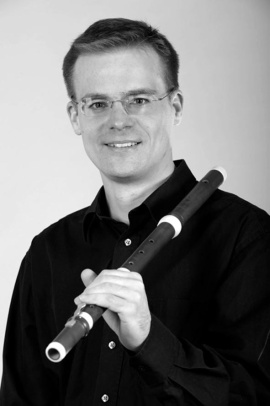
Henrik Wiese (mws-henle.person.role.HERAUSGEBE)
Henrik Wiese was born in 1971 in Vienna. He first studied the flute with Paul Meisen (Munich). He later took a degree in Indo-European studies, general linguistics and musicology. From 1995 to 2006 he was solo flautist at the Bavarian State Opera (Munich), since 2006 he has held the same position with the Bavarian Radio Symphony Orchestra. Wiese was a prize-winner at the German Music Competition (1995) and at several international flute competitions (including the ARD Music Competition in 2000).
As part of his editorial work for G. Henle Publishers, studying sources led him to historical performance practice and the transverse flute. He plays this instrument with the Accademia giocosa. Wiese gives master-classes around the world and tries to impart an understanding of how to deal with editions and sources to his pupils, to show them how to write cadenzas and to hone their awareness of intonation. His artistic work as a soloist, chamber musician and orchestral musician has been documented on numerous CDs.
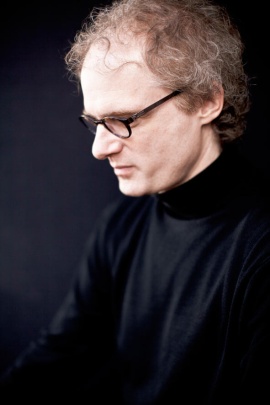
Jan Philip Schulze (mws-henle.person.role.KLAVIERAUS)
Prof. Jan Philip Schulze received his piano education at the Musikhochschule in Munich and at the Tschaikovsky Conservatory in Moscow. He began his varied international career by winning awards at competitions in Italy, Spain and South Africa.
As a lied accompanist he has regularly given concerts with Juliane Banse, Annette Dasch, Rachel Harnisch, Dietrich Henschel, Jonas Kaufmann and Violeta Urmana; performing in the Berlin Philharmonic Hall, the London Wigmore Hall, the Salle Pleyel in Paris, the Auditorio Nacional in Madrid, in Tokyo, at La Scala in Milan, as well as at the festivals in Lucerne, Salzburg, Edinburgh, Munich and Schwarzenberg. Schulze is also interested in contemporary music, and has, for example recorded all of Hans Werner Henze’s Works for Piano, as well as given premières of concertos by Christoph Staude (with the Munich Philharmonic), Dror Feiler (with the Bavarian Radio Symphony Orchestra) and Johannes Schöllhorn (with the WDR Symphony Orchestra). Since 2004, Jan Philip Schulze has been Professor for “Liedgestaltung” at the Music Conservatory in Hannover.
Product Safety Informations (GPSR)

G. Henle Verlag
Here you can find the information about the manufacturer of the product.G. Henle Verlag e.K.
Forstenrieder Allee 122
81476 München
Germany
info@henle.de
www.henle.com
推荐
autogenerated_cross_selling
本书目其他版本
本书目其他版本


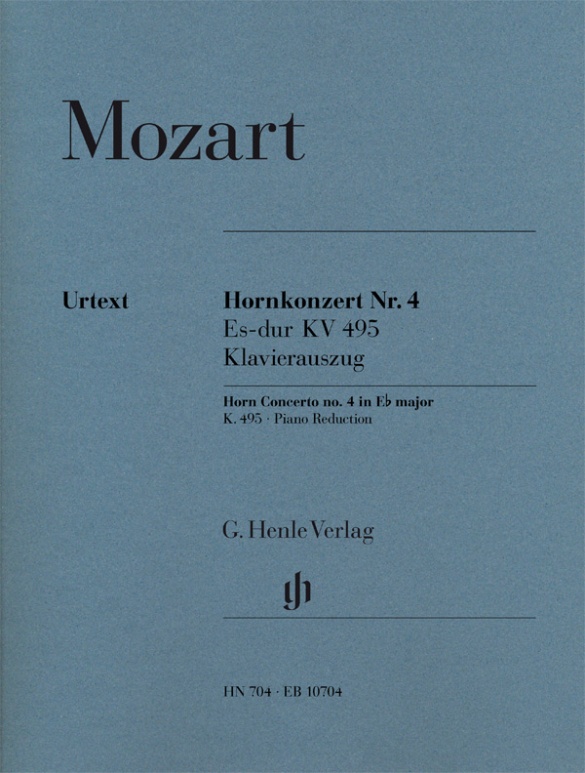

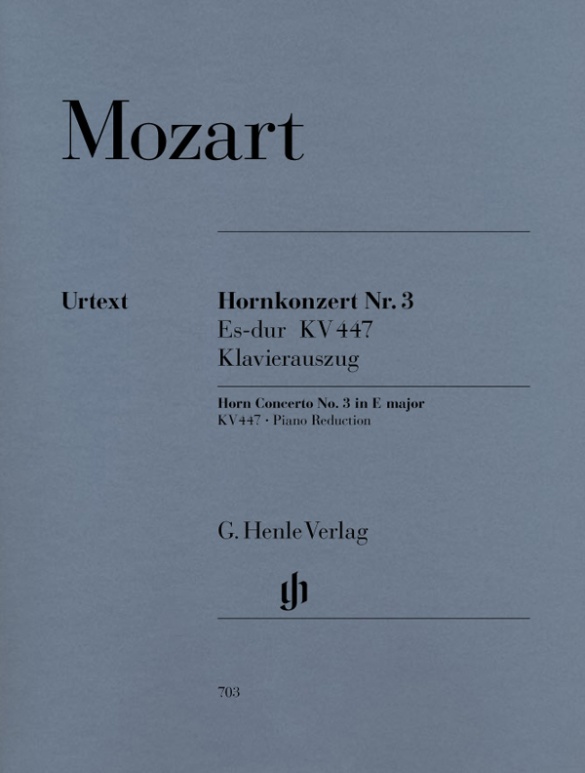
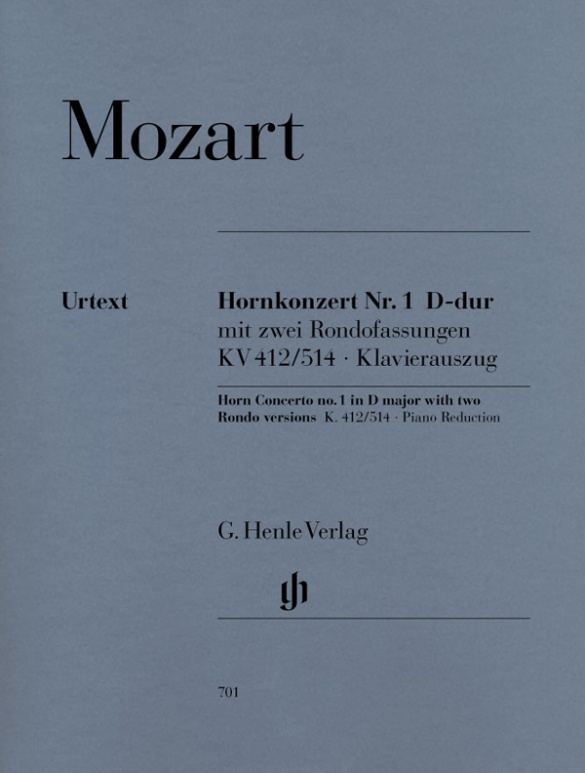
Orchestral material from Breitkopf & Härtel